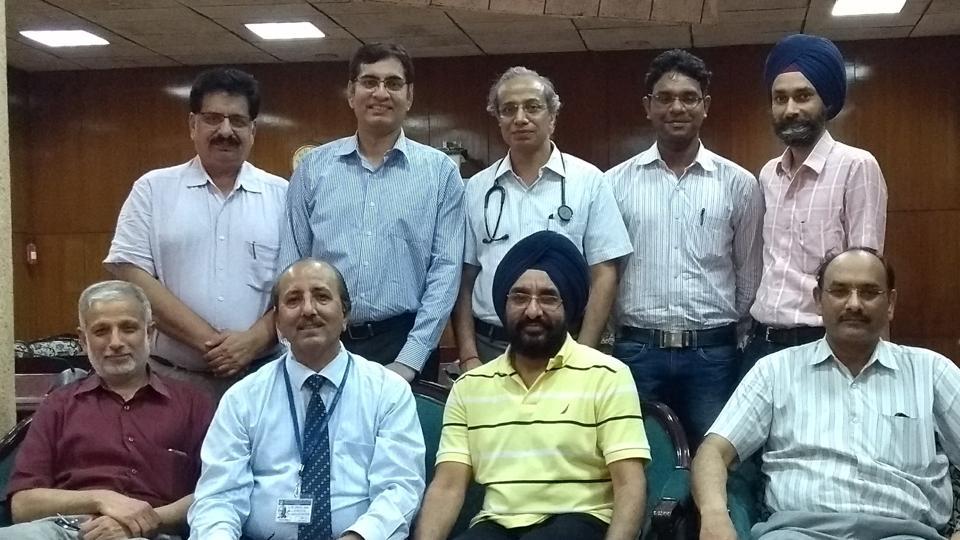Becoming the first government hospital in the country to carry out such a transplant, the Postgraduate Institute of Medical Education and Research (PGIMER), Chandigarh, performed its first lung transplant on Tuesday.
A team of over 20 surgeons and paramedics spent over 12 hours in the operation theatre, where they retrieved six organs and saved four lives. Two patients were also given vision in the surgery.
“We wanted to do lung transplant and had been waiting for a suitable donor,” said Dr Sandeep Rana, one of the surgeons who conducted the organ transplant. “Lung transplant is not very complicated in comparison to other organs, but the results are not very encouraging. In the northern region, no hospital, not even All India Institutes of Medical Sciences (AIIMS), Delhi, has performed the lung transplant. In south, some private hospitals are conducting surgeries, but no one knows their success rate,” said Prof Ashutosh from the PGIMER pulmonary medicine department.
On Monday morning, Bhola Singh (22) from Gholia Kalan village was admitted to the PGIMER with a severe head injury. His brain was already dead. The transplant co-ordination team immediately sprung into action.
Organ recipients were contacted. Bhola was also shifted for organs retrieval. The transplant took around 12 hours. “Around 1.30am, we started the procedure and it ended at 2:30 pm, the next day. It was very challenging but we are happy that it was a success,” said Dr Sandeep Rana.
“While the lungs were being removed from the donor in one OT, we started surgery on the other table to remove the recipient’s lungs, which is a tedious task,” said Dr Rana.
Meanwhile, other organs were retrieved and transplanted by other teams in different OTs.
“The recipient, a 34-year-old Sangrur woman, is fine. All the parameters are within normal limits, but still we will have to observe her for many days to say that she is out of danger”, Dr Rana added.
Bhola used to work at a car service station in Charik village in Moga and met with an accident on Saturday night. He had suffered severe head injury and was rushed to PGIMER on Sunday evening. Doctors informed the transplant coordinator of his brain death the next morning.
“We have seen people suffering for want of organs. Hence we decided to donate Bhola’s organs,” said Joginder Singh, Bhola’s paternal uncle. “What can be a better deed than saving someone else’s life?” he said.
The donor is survived by his father Soma Singh, mother Kulwinder Kaur and three siblings.
The recipient is a 34-year-old woman from Sangrur. “She was suffering from breathlessness and cough from the past two-three years, but her condition deteriorated in January. In February, we brought her to the PGIMER,” her husband said.
She is suffering from interstitial lung disease and her lungs were badly damaged. Doctors had earlier informed them that the only solution left was organ transplant. “We got a call on Monday and we reached at 8 pm. I have not met my wife since then. I hope, she is fine,” he said.
A lung transplant is surgery to remove a person’s infected or diseased lung and replace it with a healthy lung from a deceased donor. Such transplants are used for people who are likely to die from lung disease shortly. Their conditions are so severe that other treatments, such as medicines or breathing devices, no longer work.
According to Dr Rana, lung transplant may be an option for those people whose lungs have been so damaged by disease that they can no longer get oxygen and carbon dioxide in and out of the blood. This is called end-stage lung disease.
The cost of lung transplant depends upon the complication. In non-complicated cases, the cost is around ₹6-10 lakh at the PGIMER. Then around ₹10,000 needs to be spent per month on medications, which are life-long. In private sector, the transplant would cost around ₹45 lakh.


















